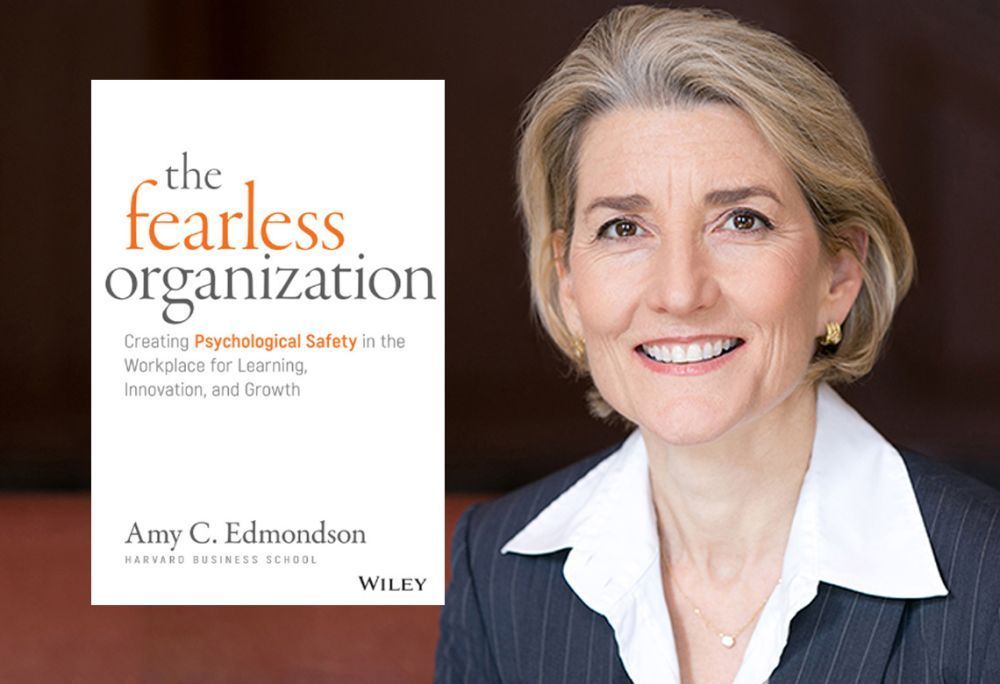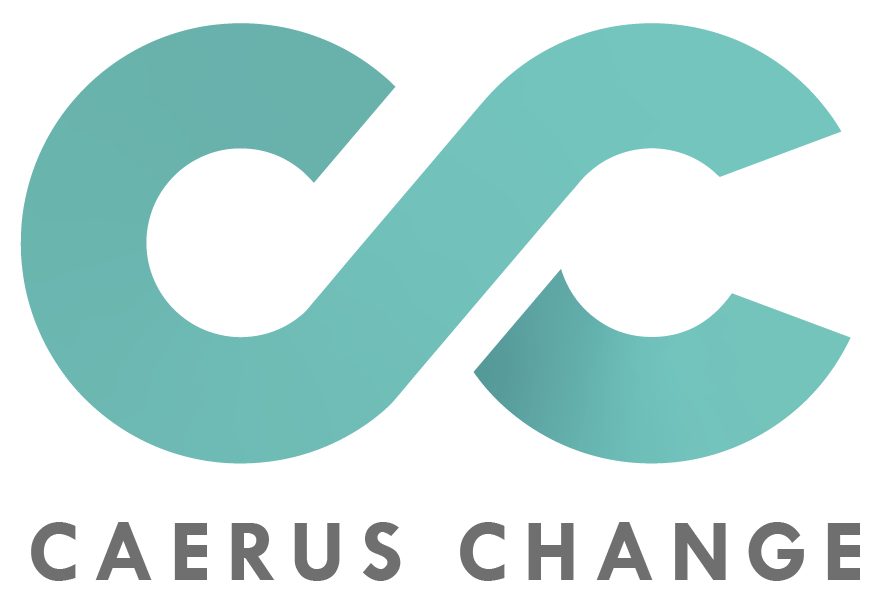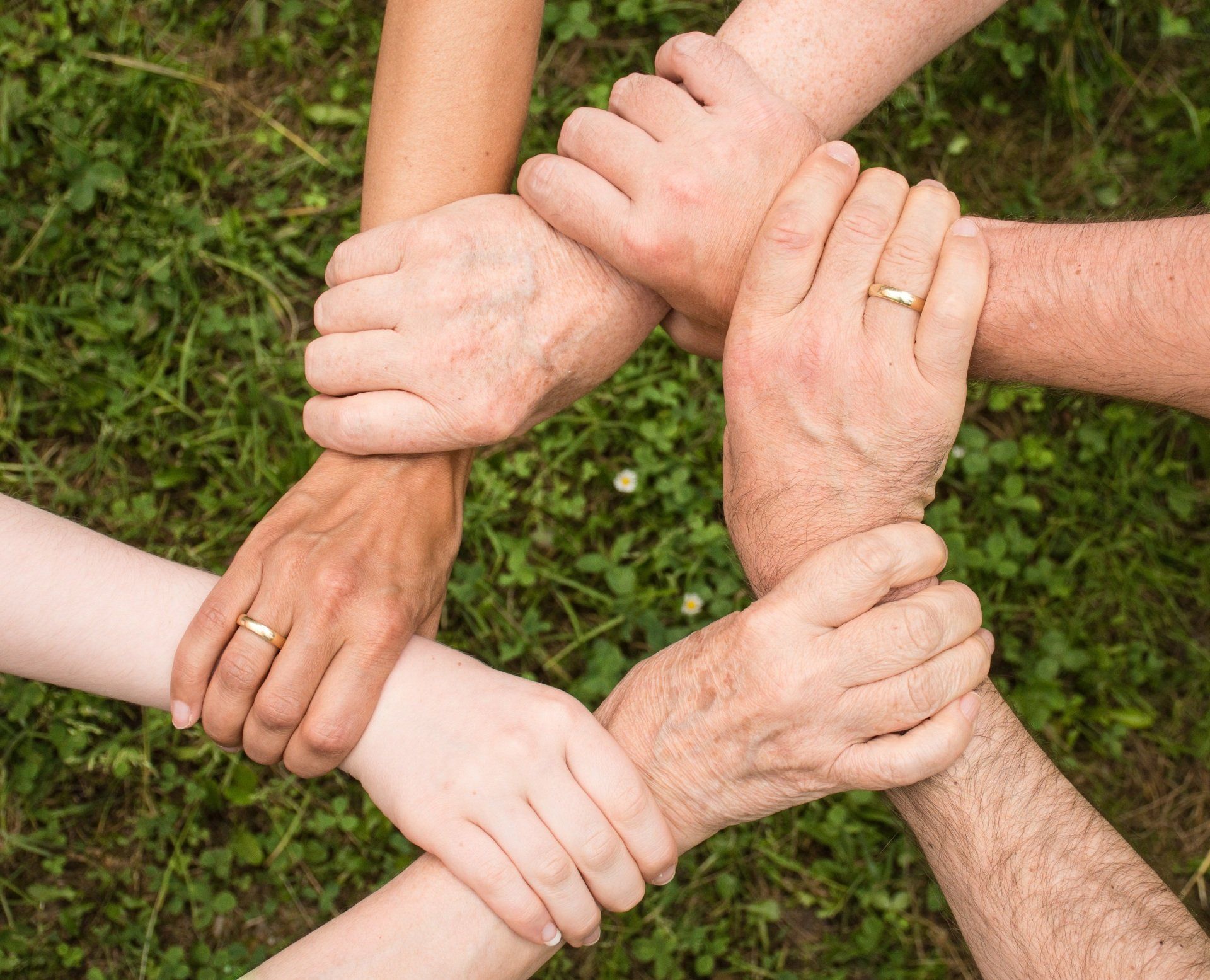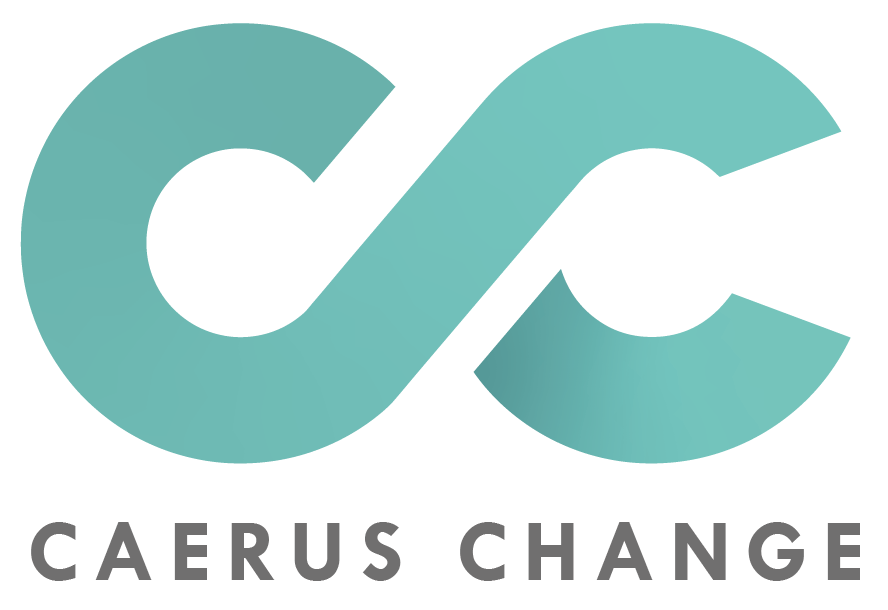Leveraging psychological safety to foster a growth mindset culture in organizations
In today’s rapidly changing and unpredictable world—often referred to as the VUCA world (volatile, uncertain, complex, and ambiguous)—organizations face increasingly complex challenges. Wicked problems, such as unexpected disruptions or poorly defined issues, demand a mindset shift. For organizations to thrive, they must cultivate a culture rooted in a growth mindset. But this can only flourish in an environment where psychological safety is prioritized.
As Amy Edmondson, a pioneer in the field of psychological safety, emphasizes, "Psychological safety is a prerequisite for high performance and learning."
Why Psychological Safety Matters in the VUCA World
A VUCA environment demands agility, innovation, and collaboration—qualities that can only emerge in a psychologically safe workplace. Psychological safety, a group dynamic phenomenon, ensures team members feel safe to voice opinions, ask questions, admit mistakes, and take calculated risks without fear of judgment or retribution. It is the foundation for creativity and collective problem-solving. Without it, avoidance behaviors emerge, reducing collaboration and increasing complexity.
As Satya Nadella, CEO of Microsoft, pointed out, “Creating psychological safety that allows people to push themselves has been the game changer.” His efforts to instill a growth mindset at Microsoft have not only enhanced individual and organizational performance but also fostered a workplace culture that celebrates learning and growth.
Growth Mindset: The Catalyst for Learning Organizations
A growth mindset, a concept developed by Carol Dweck, is the belief that abilities and intelligence can be developed through dedication and hard work. This mindset contrasts sharply with a fixed mindset, which views intelligence as static. Employees with a growth mindset embrace challenges, learn from failures, and persist in the face of difficulties. This attitude is essential in navigating the uncertainties of the VUCA world.
Amy Edmondson’s research highlights how psychological safety creates the conditions necessary for a growth mindset to thrive. Her studies show that teams with high psychological safety are more likely to experiment, take risks, and learn from failures—all critical components of a learning organization.
Building a Culture of Psychological Safety and Growth Mindset
- Encourage Candor and Frequent Feedback: Open and honest communication fosters trust and reduces fear. Leaders should actively seek and provide constructive feedback.
- Promote Appropriate Risk-Taking and Intelligent Failure: Normalize failure as a learning opportunity. Celebrate the insights gained from unsuccessful attempts.
- Cultivate Safe Conversations: Use practices such as active listening, empathetic questioning, and non-judgmental responses to create a supportive environment.
- Engage in Inner Work:
Recognize and manage personal values, triggers, and emotional patterns. This self-awareness enables individuals to better navigate group dynamics and contribute to a supportive environment to collaborate more effectively.
Practical Steps for Leaders
- Model the Behavior: Leaders set the tone. Demonstrate vulnerability, admit mistakes, and show curiosity.
- Redefine Success: Shift focus from outcomes to learning processes. Celebrate growth and effort rather than only results.
- Facilitate Learning Opportunities: Provide resources and spaces for skill development and innovation.
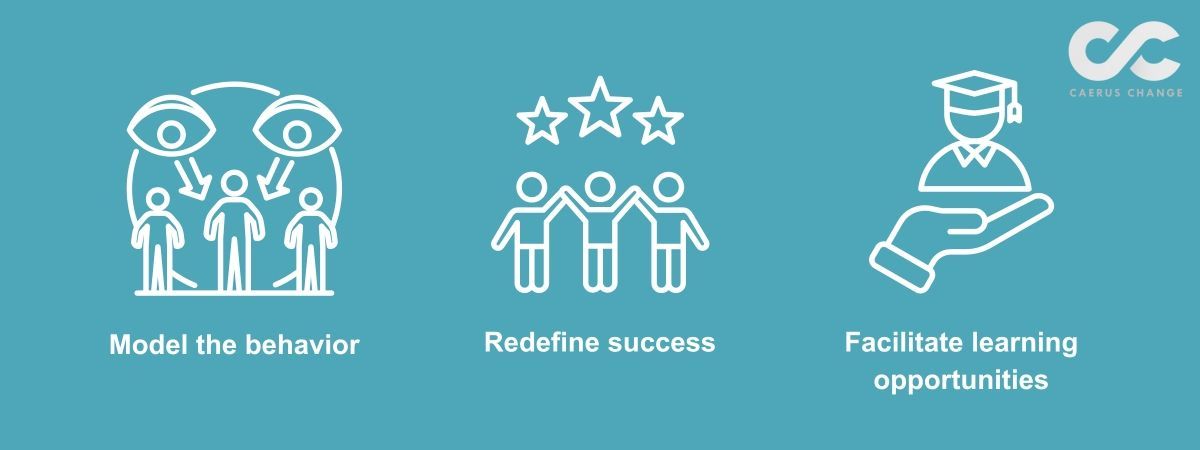
Conclusion
Psychological safety and a growth mindset are not just complementary concepts; they are prerequisites for success in today’s complex world. As Amy Edmondson’s groundbreaking work has shown, psychological safety enables teams to learn, adapt, and innovate in the face of uncertainty. By intentionally fostering an environment where employees feel safe and encouraged to learn, organizations can become true learning organizations—resilient, innovative, and ready to tackle whatever challenges lie ahead.
Get in contact
At Caerus Change, we specialize in providing training programs that empower organizations to embed psychological safety and a growth mindset into their culture. Our expert-led sessions equip leaders with the tools and practices needed to foster learning organizations.
Additionally, we train professionals to deliver these programs, ensuring the principles of psychological safety and growth mindset are deeply rooted across teams. Let us help you transform your workplace into an environment of collaboration, innovation, and continuous growth.
Contact form
